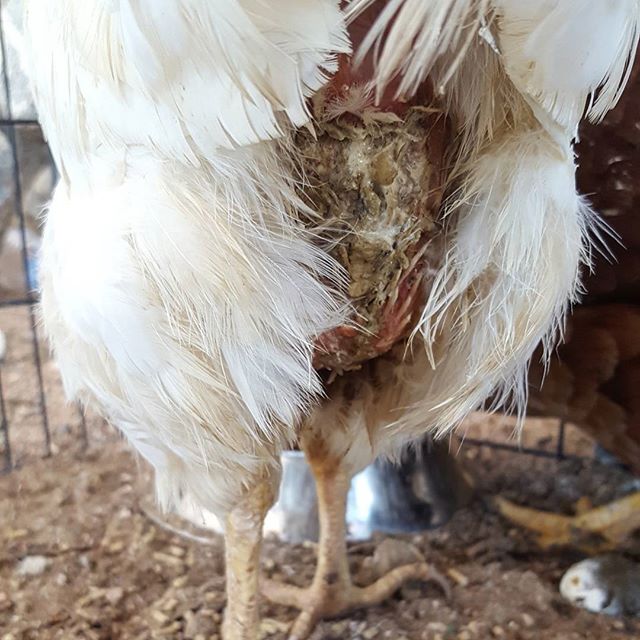By Ndumiso Tshuma
In poultry farming, few issues pose a greater threat to bird health than vent gleet, commonly known as pasted vent.
This condition primarily affects layer and breeder chickens, leading to serious health consequences that can significantly impact productivity and overall flock well-being.
Pasted vent is a stress-induced condition where droppings dry and cake around the vent of young chicks. It is characterised by a thick discharge that adheres to the vent area and can be caused by a variety of factors.
Dr Enoch Machingauta, a poultry healthcare specialist at Econutrivet, outlined the causes behind vent gleet, which range from infectious agents like E. coli and Salmonella to nutritional imbalances and genetic predispositions. Environmental factors such as stress, poor ventilation, and parasitic infestations also increase the risk of developing vent gleet.
“Pasted vent, also known as vent gleet, is a common health issue in poultry, especially in layers and breeders,” said Machingauta.
“Infectious agents like bacteria—such as E. coli, Salmonella, or Pasteurella—are the primary causes of pasted vent. Nutritional factors, such as an imbalanced diet and vitamin A deficiency, can also contribute to the development of this condition. Environmental factors, including stress, poor ventilation, wet litter, and internal parasites like worms, further exacerbate the problem. In some cases, certain breeds may have a genetic predisposition to this condition.”
Machingauta said symptoms of vent gleet include discharge in chicks, straining, lethargy, and weight loss. These symptoms signal the presence of this concerning condition in poultry.
“Chicks with vent gleet will exhibit a thick, sticky discharge that is yellowish or brownish in colour and adheres to the vent area,” Machingauta explained. “They may also strain while trying to pass droppings or eggs, show reduced activity and appetite due to lethargy, and experience weight loss, which is typically associated with chronic vent gleet.”
To combat pasted vent, Machingauta recommended the use of antibiotics like Endocox for systemic or topical treatment, along with gentle vent cleaning procedures. He stressed the importance of preventive strategies, including regular health monitoring, providing optimal nutrition, maintaining clean environments, reducing stress, and implementing strategic vaccination initiatives.
“To prevent pasted vent, farmers should focus on reducing stress, improving ventilation, and keeping litter dry,” Machingauta advised.
“Supportive care is essential, including adequate hydration and nutrition, regular health checks, and early disease monitoring. Proper nutrition ensures a balanced diet for the chicks, while maintaining a clean environment with dry litter and good ventilation is crucial. Stress management and vaccination are also key components of prevention.”
Machingauta also addressed the issue of egg-eating behaviour in chickens, noting that nutritional deficiencies—such as a lack of calcium and protein—are often the root cause. He added that boredom, stress, and overcrowding can contribute to this behaviour, underscoring the importance of providing mental stimulation and adequate space for flocks.
“Nutritional deficiencies, such as a lack of calcium, protein, or other essential nutrients, can lead to egg-eating behaviour,” Machingauta explained. “Chickens may resort to egg-eating out of boredom or stress, especially if they lack mental stimulation or are overcrowded. Pain or discomfort while laying eggs can also trigger this behavior. In some cases, genetic factors may make certain breeds or individual chickens more prone to egg-eating.”
Machingauta further noted that other factors, such as learned behaviour, unsuitable nesting conditions, strong broodiness instincts, and health issues, can compound the complexity of egg-eating tendencies among chickens.
“To reduce egg-eating behaviour and promote healthy egg production, farmers should ensure a balanced diet rich in essential nutrients, maintain a stimulating environment with sufficient space for activities, and keep nesting boxes clean and comfortable,” Machingauta advised.
“Frequent egg collection, providing calcium supplements if necessary, and monitoring and addressing any health issues are also important. Breaking the egg-eating habit can be challenging, so it’s crucial to address the underlying cause and take preventive measures.”

